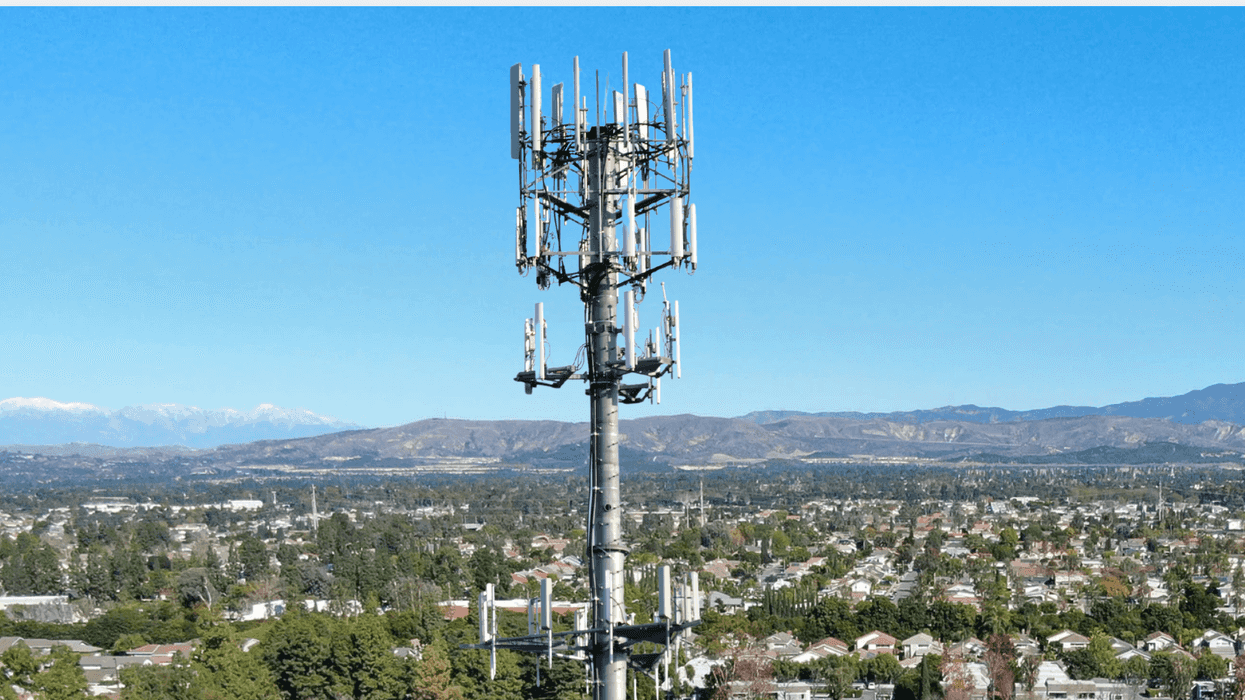American scientists are weighing moves to Europe as universities abroad offer refuge from Trump administration policies that have restricted research funding and academic freedom.
Leo Sands reports for The Washington Post.
In short:
- European institutions, including Vrije Universiteit in Brussels and Aix-Marseille University in France, are launching programs with millions in funding to attract U.S. scientists affected by political interference.
- These efforts follow executive orders in the U.S. that cut diversity spending and limited operations at the National Institutes of Health and National Science Foundation, creating uncertainty for thousands of researchers.
- European governments are backing the trend, with the Netherlands and France calling for increased European Union support to expand research opportunities for displaced talent.
Key quote:
“Academia in the United States is currently under both financial pressure but also pressure in the form of interference from authorities.”
— Jan Danckaert, rector of Vrije Universiteit Brussels
Why this matters:
The politicization of science in the United States is increasingly shaping what research gets funded, pursued, or even discussed — and the ripple effects are growing. Scientists working in fields like climate change, reproductive health, and diversity have reported rising pressure to sidestep topics deemed controversial by the Trump administration, fearing backlash from political leaders or loss of federal support. In an environment where entire research programs can be derailed by ideological battles, the long-term costs may include slower innovation and reduced capacity to respond to crises like pandemics or extreme weather events.
Some researchers are quietly relocating to institutions in Europe, where governments have made public commitments to protect scientific autonomy. While this brain drain may temporarily benefit European universities and think tanks, it reflects deeper concerns about the United States' ability to safeguard the integrity of its scientific enterprise. For a country long viewed as a global leader in research and innovation, the shift raises unsettling questions — not just about freedom of inquiry, but about whether the U.S. can continue to drive solutions to the world’s biggest environmental and public health challenges.
Related: Opinion: Science in the U.S. faces growing political interference














